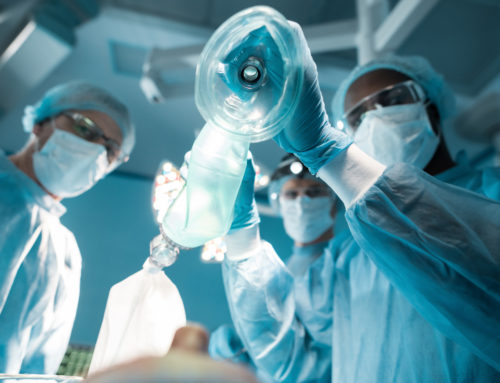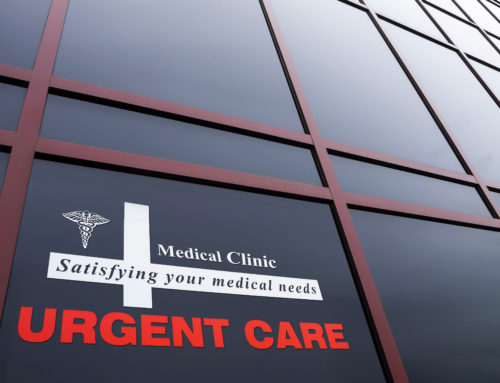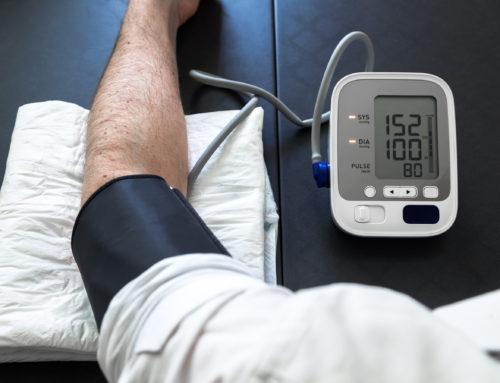When someone dies and medical malpractice is suspected, it is common for the family of the deceased to pursue legal action against the party it believes is responsible. These lawsuits, known as wrongful death lawsuits, are more common than most people realize. Medical malpractice happens much more often than it should, and sometimes people are not only hurt – but die because of medical negligence. Whether it is a botched surgery, a misdiagnosis or some other cause, it only takes one act of carelessness to be fatal in a medical setting.
A successful medical malpractice lawsuit requires more than just “knowing” that a care provider made a mistake – you have to prove it. When someone has died from medical malpractice, an autopsy can provide the foundation for a successful case.
5 Benefits of an Autopsy in a Medical Malpractice Case
1. An autopsy verifies the cause of death
Opinions from the most respected experts become much more convincing when accompanied by an autopsy. The majority of autopsies are conducted by pathologists with extensive training in determining cause of death. The pathologist will examine every detail of the body to determine what happened, and will note all findings in a report that can be invaluable in a wrongful death case. At the end of the autopsy, you will usually have a clear idea of what caused the death. If it was due to the actions or inaction of a medical practitioner, you will most likely know it.
2. An autopsy is superior to a death certificate
A death certificate lists the cause of death, but often the cause listed – while accurate – will not be very useful for a lawsuit. For instance, many death certificates list “cardiopulmonary arrest” as the cause of death. To the layman the term might seem quite specific, but in reality all it tells you is that the person’s heart ceased to beat. When the heart stops a person dies. While the listed cause of death might be completely accurate, it will usually not give enough information to build a case on.
3. An autopsy provides backup if an expert changes his/her mind
An attorney will use expert witnesses to help support his or her argument. One or more expert witnesses can make all the difference in winning a case – but unfortunately such witnesses can also change their minds. One day you may have everything in order, and the next you may find that the expert is no longer convinced.
An autopsy report does not change from one day to the next. You can depend on it, even if an expert decides that medical malpractice was unlikely.
4. An autopsy is often necessary to win a case
State law may not require an autopsy in a wrongful death case. However, many times you will need an autopsy to fully convince the court of medical malpractice. An autopsy may be key to winning the case. If nothing else, it will improve your odds. The more clearly you can present evidence of medical malpractice, the more likely the court will decide in your favor.
5. An autopsy makes an attorney’s job easier
Even if an autopsy is not absolutely required to win a medical malpractice case, it will certainly make it easier to do so. Proving medical malpractice is often challenging for even the best attorneys. Courts are not eager to hold a doctor or medical care provider responsible for someone’s death if they can help it. Because the attorney faces such an uphill battle, it is important to seize every opportunity to make your case stronger. An autopsy is a straightforward way of demonstrating what really happened, in a form that the court can easily understand and appreciate.
Helping You Convince the Court
If your loved one has passed away and you believe that medical malpractice played a part, a wrongful death lawsuit is the best way to hold those responsible accountable. Gathering evidence of what occurred is a necessity, and getting an autopsy should be a part of your efforts. An autopsy may make all the difference in the outcome of your case.
Please contact Dr. Edward Mallory today for help from an expert witness who understands medical malpractice. He can provide much-needed expert opinions and testimony in your case.




























